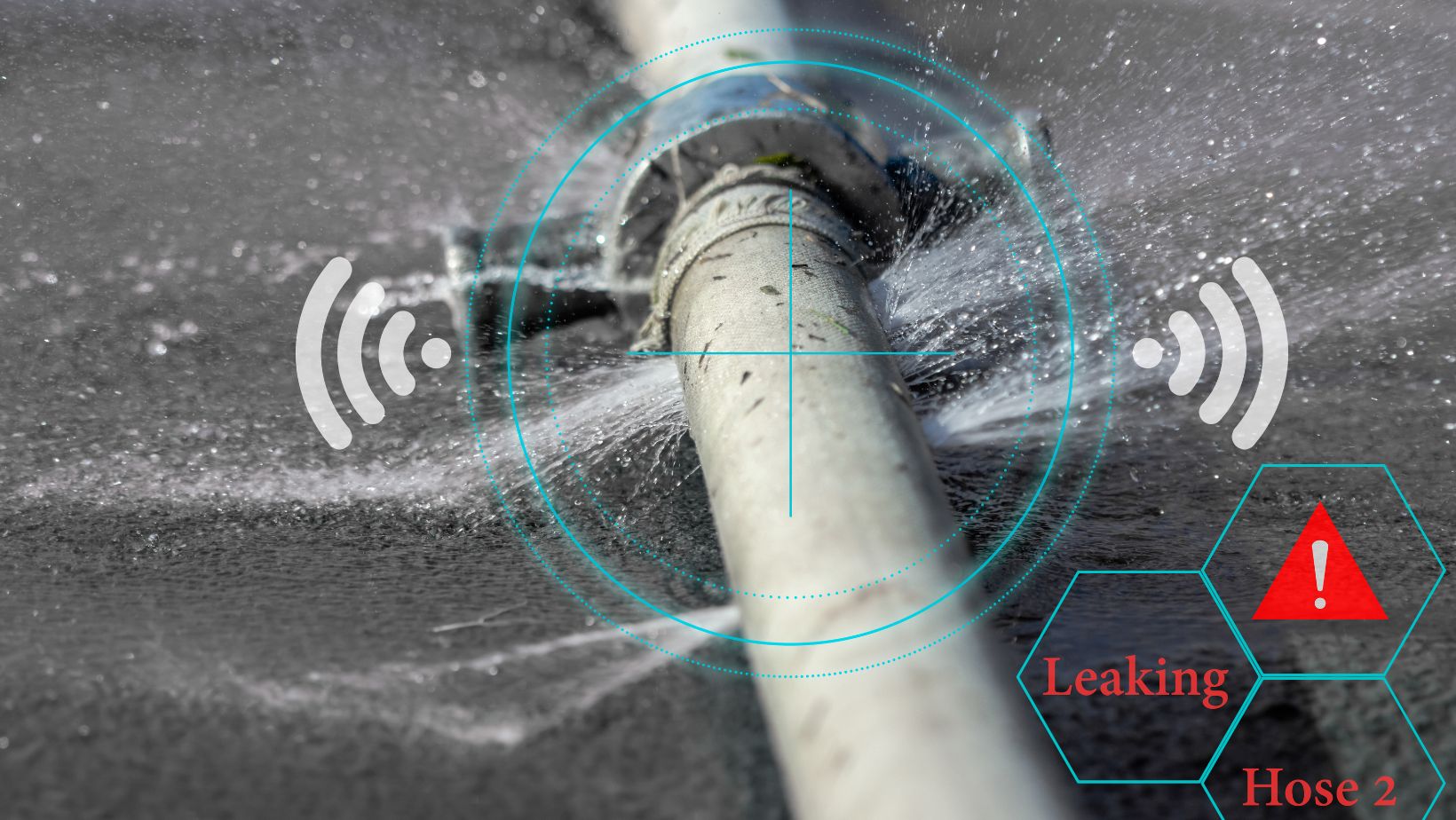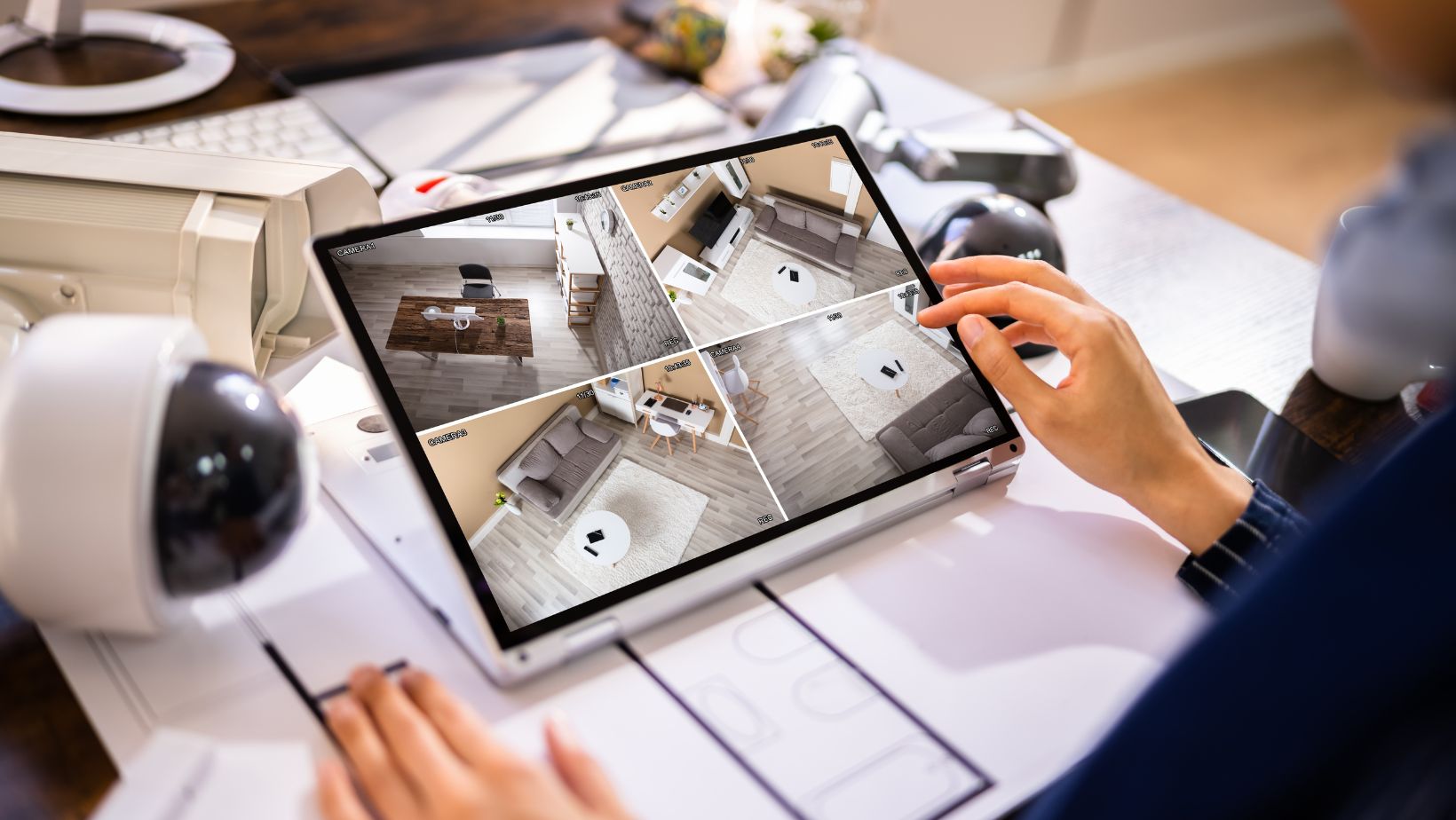
Imagine a home that anticipates your needs before you even realize them. Smart-home sensors are revolutionizing the way we interact with our living spaces. These innovative devices detect changes in the environment and seamlessly adjust settings to enhance comfort, convenience, and security. From motion sensors that illuminate your path in the dark to temperature sensors that keep your home cozy, the possibilities are endless.By harnessing the power of smart-home sensors, homeowners can create personalized and efficient living environments tailored to their preferences. Whether it’s optimizing energy usage, enhancing safety measures, or simply adding a touch of luxury, these sensors are the building blocks of a truly smart home. Join us as we delve into the world of smart-home sensors and discover how these tiny devices are making a big impact on modern living.
Smart Home Sensors
Types of Sensors Available

Smart-home sensors come in various types, each designed to serve specific purposes. Some common types include:
- Motion Sensors: These sensors detect movement in specific areas of the home. They are commonly used for security purposes, triggering alarms or turning on lights when motion is detected.
- Temperature Sensors: Used to monitor and control the temperature in different rooms, ensuring optimal comfort and energy efficiency.
- Light Sensors: These sensors adjust the lighting levels based on ambient light, contributing to energy savings and enhancing convenience.
- Contact Sensors: Also known as door and window sensors, these detect when doors or windows are opened or closed, playing a crucial role in home security systems.
- Water Leak Sensors: Designed to detect leaks or flooding in areas prone to water damage, such as basements or bathrooms, helping prevent costly water damage incidents.
How Sensors Enhance Home Automation
Smart-home sensors play a vital role in enhancing the automation of various functions within a home. By integrating sensors into a smart home system, homeowners can enjoy benefits such as:
- Energy Efficiency: Sensors can adjust lighting, heating, and cooling based on occupancy and environmental conditions, reducing energy waste and lowering utility bills.
- Convenience: Automated processes such as turning on lights when entering a room or adjusting thermostat settings remotely add convenience to daily routines.
- Security: Motion sensors, contact sensors, and cameras can work together to create a comprehensive security system that alerts homeowners to potential intrusions or hazards.
- Customization: With the ability to set personalized preferences and schedules, smart-home sensors allow homeowners to tailor their living environment to suit their lifestyle and needs.
- Peace of Mind: By providing real-time monitoring and alerts, sensors contribute to enhanced safety and peace of mind, especially when homeowners are away from home.
Benefits of Using Smart Sensors
Energy Efficiency and Cost Savings

Smart-home sensors play a crucial role in optimizing energy usage, leading to significant cost savings for homeowners. By automatically adjusting lighting, heating, and cooling systems based on occupancy and environmental conditions, these sensors help reduce energy wastage. For instance, motion sensors can detect when a room is unoccupied and adjust the temperature settings accordingly, resulting in lower energy consumption. This precise control over energy usage not only reduces utility bills but also helps minimize the environmental impact by lowering carbon emissions.
Enhanced Security and Safety Features
One of the key advantages of smart-home sensors is their ability to enhance security and safety within the household. Motion sensors, contact sensors, and cameras work together to create a comprehensive security system that can detect unauthorized entry or suspicious activities. In the case of emergencies such as break-ins or fire incidents, these sensors can immediately send alerts to homeowners and authorities, enabling quick response and mitigation of risks. Additionally, sensors like water leak detectors can prevent potential damage by identifying leaks early on, thus safeguarding the property and its inhabitants from costly repairs.